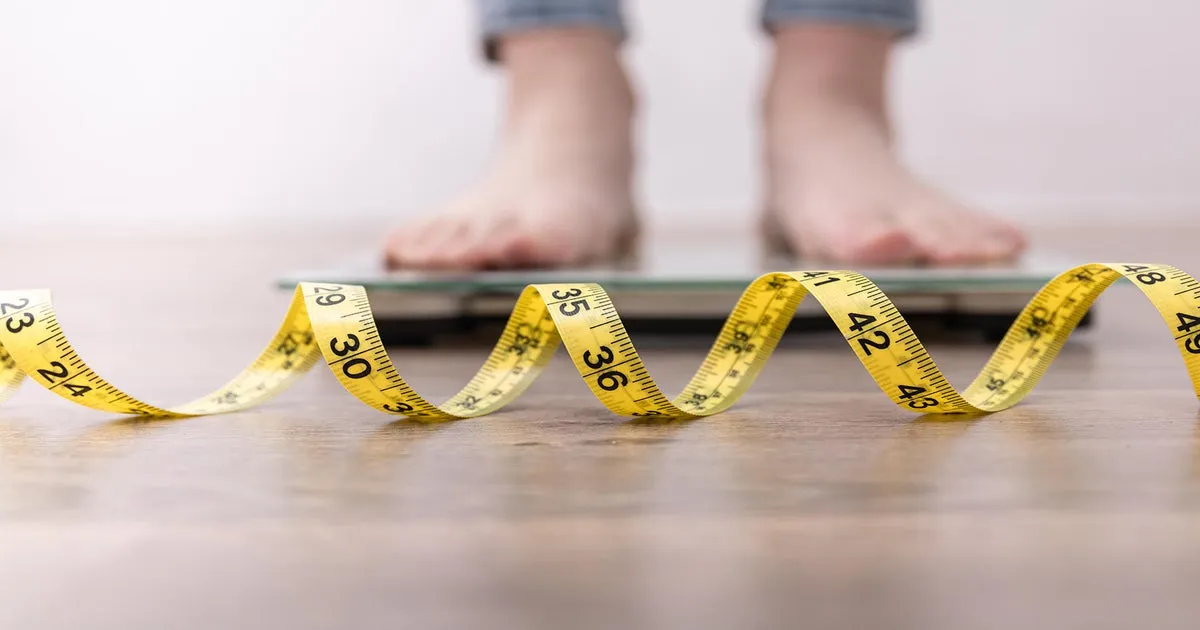
Recent survey data from Gallup indicates a significant decline in the U.S. adult obesity rate, coinciding with an increase in the use of weight loss medications. According to a report published on Tuesday, the obesity rate among surveyed participants has gradually decreased to 37% in 2025, down from a record high of 39.9% in 2022. This data is based on responses from three nationally representative surveys involving 16,946 U.S. adults who were interviewed online during the first three quarters of 2025.
The findings reveal a statistically significant decrease, representing an estimated 7.6 million fewer obese adults compared to three years ago. For the purposes of this report, obesity was defined in accordance with federal standards, specifically having a Body Mass Index (BMI) of 30 or higher. This decline in obesity rates is notable as it highlights the potential impact of health interventions and lifestyle changes among the American population.
The report also delves into the increasing usage of GLP-1 drugs for weight loss, such as semaglutides, which include popular medications like Ozempic and Wegovy. These medications are also prescribed for the treatment of type 2 diabetes, which remains at an all-time high, with 13.8% of participants in Gallup's Well-Being Index indicating a diagnosis of this chronic disease.
Gallup began tracking GLP-1 drug usage in February 2024, at which time 5.8% of adults reported using these medications for weight loss. The percentage has since risen to 12.4%, reflecting a growing acceptance and reliance on these treatments as viable options for weight management. This increase in GLP-1 injectables for weight loss has coincided with decreasing obesity rates across most age groups since 2022.
The report highlights that the most significant reductions in obesity rates have been observed among adults aged 40 to 49 and those aged 50 to 64. Interestingly, these age groups also exhibit the highest rates of GLP-1 injectable usage for weight loss, suggesting a correlation between medication use and obesity reduction.
While the report presents promising trends, it also acknowledges certain limitations, such as potential biases in self-reported data. However, Gallup's consistent methodology in collecting self-reported weight and height provides valuable insights into trends over time. It is important to note that Gallup did not measure GLP-1 drug usage for weight loss in 2022 or 2023; nonetheless, the data from the Well-Being Index aligns with reports of increasing usage since the FDA's initial approval of these medications in 2021.
Despite the reported decline in obesity rates, the United States still surpasses many Western countries in terms of average weight. The authors of the report suggest that expanding access to weight loss treatments could play a crucial role in making this decline in obesity a lasting trend. As more Americans seek effective solutions for weight management, the influence of weight loss medications like GLP-1 drugs may continue to shape the landscape of public health in the U.S.